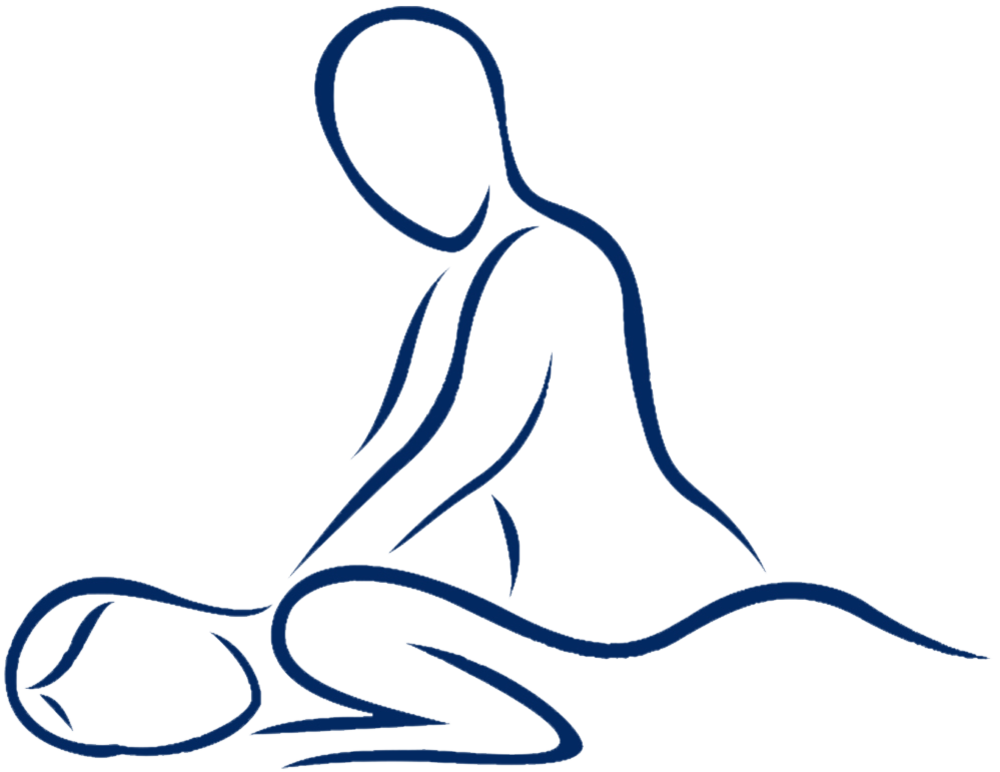Massage has been used for thousands of years, within relaxation as well as part of rehabilitation and treatment of ailments and injuries. It an effective modality, with recent backing from scientific research, along with anecdotal accounts. The history of massage dates back centuries documented by the hieroglyphs in the pyramids of Egypt and found within the books of famous ancient Chinese families.
Massage can be for everyone, although not all techniques achieve the same results for everyone. Some people will respond better to the Myofascial release technique, whilst others will respond better to Deep Tissue Massage. It is this understanding which has prompted our individually tailored approach to our clients.
The term ‘Holistic’ can be defined as to look at something as a whole. A holistic approach is taken with each client, taking all aspects of what is going on for clients to build the full picture to help and support in the best way and achieve the best outcome.

Massage is a collaboration that can enhance your life and works alongside traditional medicine.
Benefits of Massage
Our bodies are very primal, embedded within them are primal responses. When we are in chronic stress, our body operates from a primal response of the sympathetic nervous system; commonly known as the 'flight or fight' response. Once triggered, it can be difficult to move out of this response. The correct massage technique can encourage the parasympathetic nervous system; known as the 'rest and repair' state.
There are several benefits experienced as the result of a massage, some of which are very tangible; an increase in joint mobility or lessening of a muscular ache. Some of the benefits of massage are harder to define, such as an increase in a feeling of wellbeing or a sense of letting go.
Scientific research into massage has outlined a number of key benefits, the Massage Training Institute website details the following:
Pain Management
Compared to no treatment, massage therapy should be strongly recommended as a pain management option. Massage can have the effect of reducing pain and improving mood, reducing anxiety, and improving health-related quality of life (Crawford et al meta-analysis 2016)
Massage reduces the intensity and severity of musculoskeletal pain and it reduces pain generally, measured by patient perception (Crawford et al meta-analysis 2016)
Reducing Anxiety
Massage is better at reducing anxiety than any other treatment studied (Crawford et al meta-analysis 2016)
Massage benefits may include improvements in body image esteem, pain management and the therapeutic value of touch and it could play a preventative role in a decline in emotional wellbeing (Munk and Zanjani 2011)
Improve Emotional Wellbeing
Research indicates that massage therapy has a positive impact on emotional wellbeing, in both healthy adults and those with mental health conditions (MTI Research Group 2017)
Massage therapy may promote a parasympathetic response by reducing blood pressure, heart rate and feelings of anxiety (C.A. Moyer, James Rounds and James W. Hannum, University of Illinois at Urbana-Champaign, Psychological Bulletin, 2004 Vol 130)
Boost Immune System
Massage can boost white blood cell count by up to 70% in the hour following treatment, improving the functioning of the immune system (Fulvio D’Acquisto, University of Roehampton and Bodyology massage school 2018)
Massage is also recommended by the National Institute for Care Excellence as one element of treatment for lower back pain: "Consider manual therapy (spinal manipulation, mobilisation or soft tissue techniques such as massage) for managing low back pain with or without sciatica, but only as part of a treatment package including exercise" (NICE Guidelines on treating lower back pain in over 16s, 2016).


